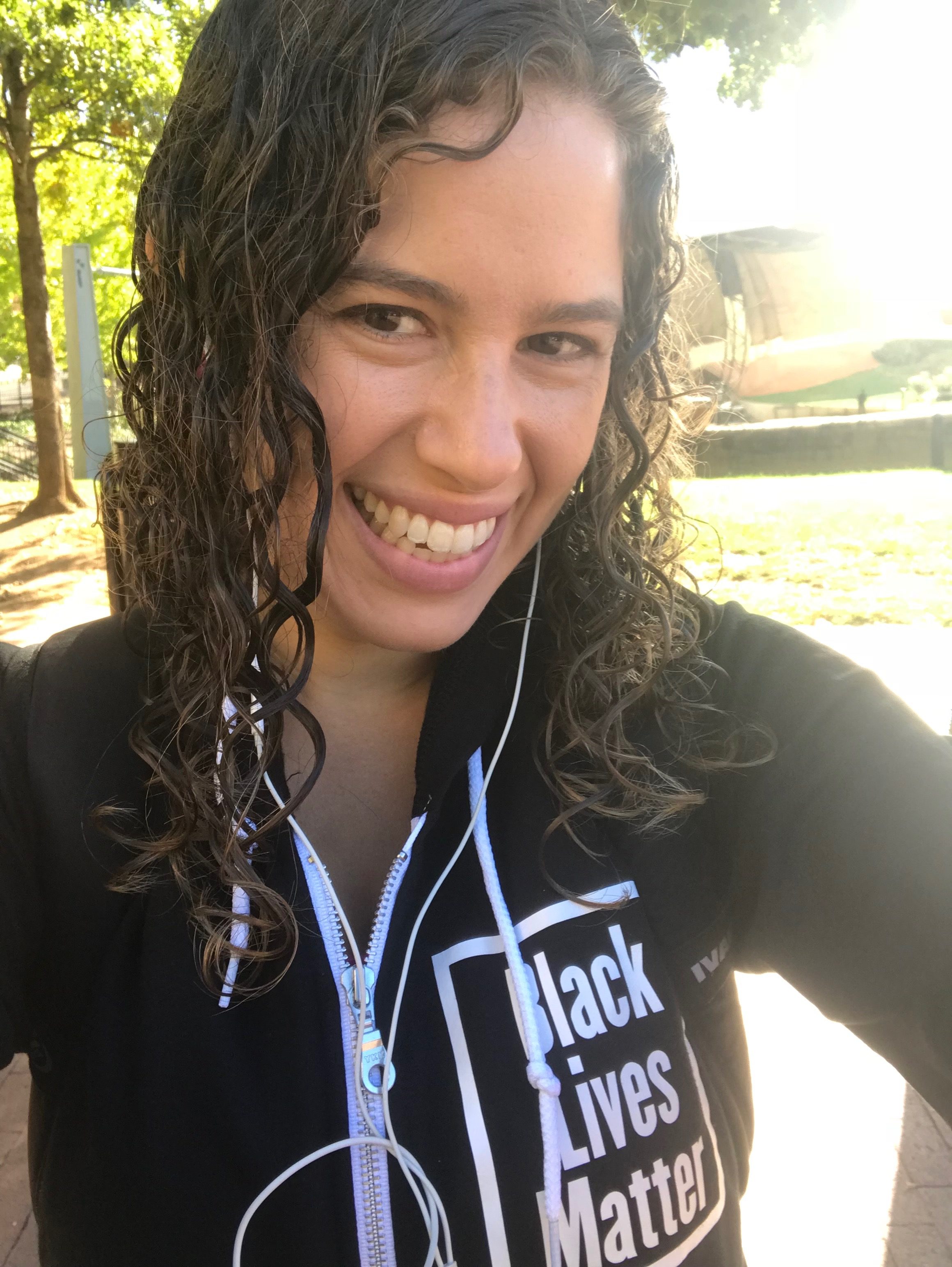I would’ve benefited from learning about enthusiastic consent in high school. I wish I’d known why to say no every time that I didn’t actually really, really, really want it.
But what makes a person enthusiastic? Desire. And what is that desire for? Pleasure. I think that these concepts are essential to transformative sex ed. They are essential to the process of countering rape culture and the epidemic of sexual violence. Recently, I’ve become more able to articulate these convictions thanks to the new anthology Yes Means Yes: Visions of Female Sexual Power and A World Without Rape
Once we encourage each other to get in touch with our personal desires for specific pleasures, we can begin planning to fulfill our desires. That’s agency — being our own advocates.
I’m just beginning to get a sense for how extremely empowering these concepts are in my life and the lives of my friends. I want to figure out how to teach them to my students to empower them, also.
I started the 8th grade unit on sexual violence prevention by defining pressure as trying to get someone else to do something without considering whether the other person actually wants to do it or not. Pressure takes away the other person’s ability to consent by erasing the importance of desire. During the teen dating classes, I’ve expanded the concept of pressure to the concept of control, which is any use of power to make another person think, feel or act a certain way. Again, control violates the importance of the other person’s desire.
Next, I will tackle directly of the issue of rape and sexual assault. I hope the themes that I’ve developed through the preceding lessons at least somewhat prepare my students for what’s about to ensue.
